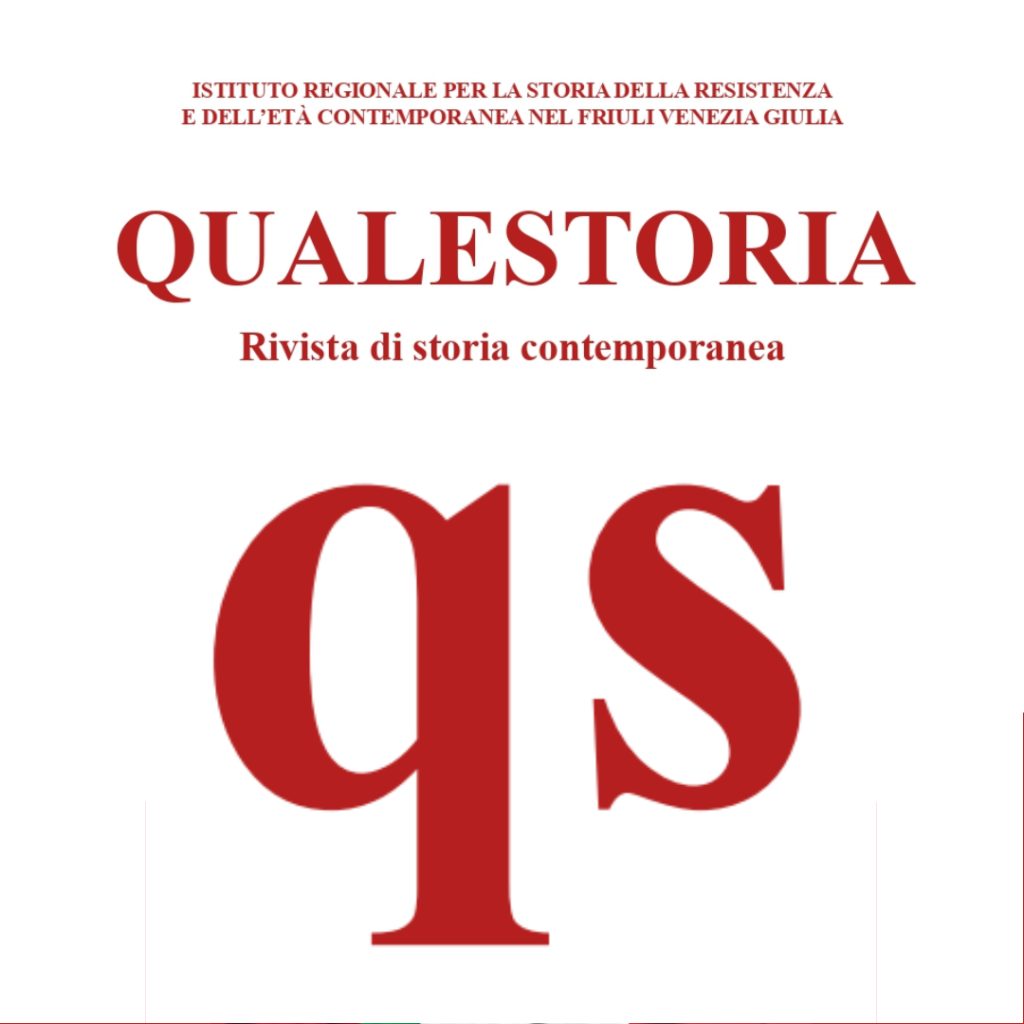Conference “Images of Power / Representations of the Past”
Posted By admin on Apr 22, 2011
Conference “Images of Power / Representations of the Past”
The Doctoral College European Historical Dictatorship and Transformation Research University of Vienna, Department of Contemporary History The conference will take place on November 7th-8th 2011 at the University of Vienna.
Deadline for CfP: April 30th 2011
Working language of the conference: English
Please send your 300 words proposal, together with your short CV and current email address, to Ms.
Nathalie Soursos nathalie.patricia.soursos@univie.ac.at by April 30th 2011.
The conference Images of Power / Representations of the Past is organized by the Doctoral College European Historical Dictatorship and Transformation Research at the University of Vienna as the first part of a bigger conference (the second part, with the title Public sphere, ideology, transformation of power, will be organized by the Doctoral College as well and will take place two weeks later). It aims to explore different aspects and correlations between images and political power. The focus of the conference lies on the social,
political and ideological utilization and function of images in dictatorial regimes and societies in transformation.
The goal is to identify diverse ways of how visual art and various types of images were used as a political instrument in the European dictatorships of the twentieth century to promote the representation of political power, leaders and heroes, as well as the construction of national identity, historical narratives and national myths. Different forms of political iconography should be particularly examined and analysed with emphasis on concept of nation, state and power, visual representation of political parties and elite. The materials that could be explored are e.g. posters, photography, film, promotion material for election campaigns and others.
Questions that could be raised, especially on case studies examples, might include, but are not limited to:
· How does visual art contribute to the construction of political, social and historical myths, legends
and memories?
· How and why do images and power interfere and interact?
· How different representations of the past influenced politics in European countries during the 20th
century?
· What was/is the role of visual and mental images for the construction of identity in European
dictatorships as well as in post-dictatorial societies?
· How do official culture, art and cultural events in a dictatorship reflect, spread and help to assert its
ideological ideas, political thinking and strategical aims?
The theme of the conference is broadly conceived and we are keen to encourage papers from a variety of
critical perspectives from graduate students of all disciplines from universities abroad, as well as from
Austrian universities.
Successful candidates will be informed per email by May 31st 2011.
Travel and accommodation expenses for accepted presentations up to a limited amount will be covered by
the organizers of the conference
Conference “Images of Power / Representations of the Past”The Doctoral College European Historical Dictatorship and Transformation ResearchUniversity of Vienna, Department of Contemporary HistoryThe conference will take place on November 7th-8th 2011 at the University of Vienna.Deadline for CfP: April 30th 2011The conference Images of Power / Representations of the Past is organized by the Doctoral CollegeEuropean Historical Dictatorship and Transformation Research at the University of Vienna as the first partof a bigger conference (the second part, with the title Public sphere, ideology, transformation of power, willbe organized by the Doctoral College as well and will take place two weeks later). It aims to explore differentaspects and correlations between images and political power. The focus of the conference lies on the social,political and ideological utilization and function of images in dictatorial regimes and societies intransformation.The goal is to identify diverse ways of how visual art and various types of images were used as a politicalinstrument in the European dictatorships of the twentieth century to promote the representation of politicalpower, leaders and heroes, as well as the construction of national identity, historical narratives and nationalmyths. Different forms of political iconography should be particularly examined and analysed with emphasison concept of nation, state and power, visual representation of political parties and elite. The materials thatcould be explored are e.g. posters, photography, film, promotion material for election campaigns and others.Questions that could be raised, especially on case studies examples, might include, but are not limited to:· How does visual art contribute to the construction of political, social and historical myths, legendsand memories?· How and why do images and power interfere and interact?· How different representations of the past influenced politics in European countries during the 20thcentury?· What was/is the role of visual and mental images for the construction of identity in Europeandictatorships as well as in post-dictatorial societies?· How do official culture, art and cultural events in a dictatorship reflect, spread and help to assert itsideological ideas, political thinking and strategical aims?The theme of the conference is broadly conceived and we are keen to encourage papers from a variety ofcritical perspectives from graduate students of all disciplines from universities abroad, as well as fromAustrian universities.Working language of the conference: EnglishPlease send your 300 words proposal, together with your short CV and current email address, to Ms.Nathalie Soursos nathalie.patricia.soursos@univie.ac.at by April 30th 2011.Successful candidates will be informed per email by May 31st 2011.Travel and accommodation expenses for accepted presentations up to a limited amount will be covered bythe organizers of the conference












